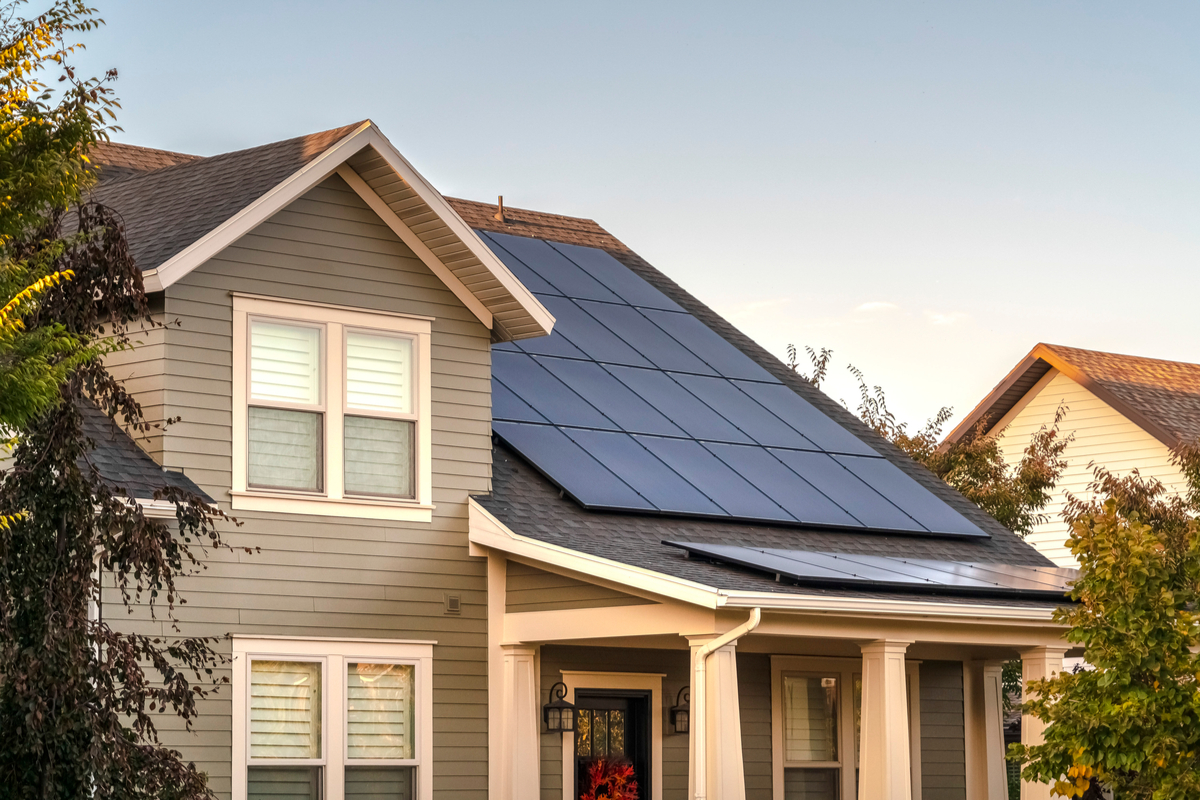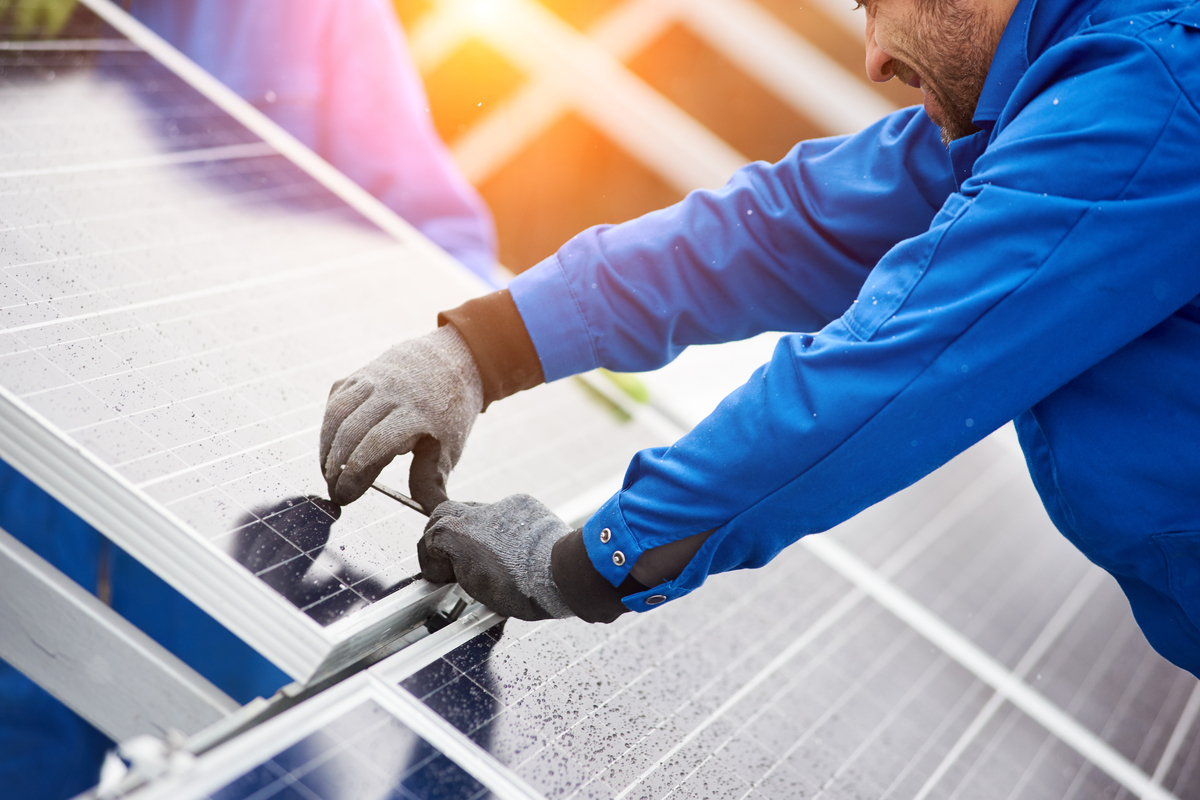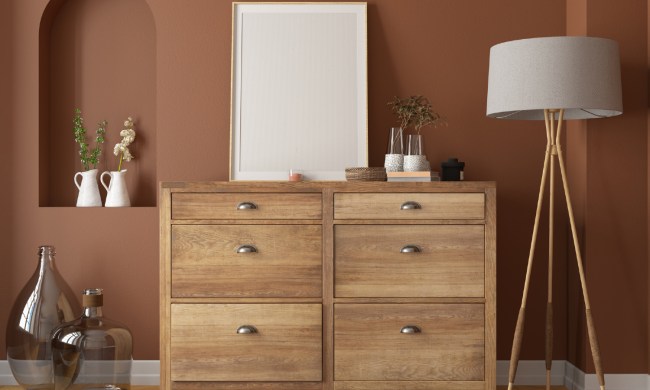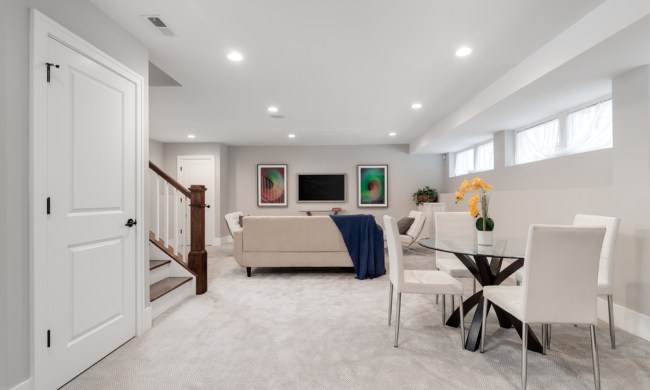Green living has been on the rise for years, and it has become more affordable than ever before. You may be considering switching to solar energy for your home as a next step. Before you take the plunge, however, there are a few questions you need to ask yourself when it comes to buying solar panels.

What are the benefits of switching to solar power?
The most popular benefits of solar energy? You’ll make less of an impact on the environment while saving some money. One other reason that you may not have thought of is the minimal maintenance costs associated with solar panels.
Unlike furnaces, air conditioners, and boilers, solar panels have no moving parts and typically don’t need any maintenance or replacement for decades after installation. The two most common upkeep and maintenance tasks with solar panels are:
- Replacing the inverter, which only needs to be done every 15 years or so
- Keeping panels free of debris, like branches and snow
How much money will I save with solar power?
A solar energy system has high up-front costs, which need to be taken into consideration. On average, according to The Climate Reality Project, solar panels cost roughly $18,840. While that’s a big initial investment, the average family saves roughly $1,500 per year on energy costs with solar power.
In addition to monthly energy savings, federal tax credits are available that offset the installation cost by up to 26%. To top it all off, a solar energy system increases the value of your home, which can earn you a lot of money down the road if you decide to sell your house.
Is solar energy the right choice for my home?
The next question you need to ask is if solar panels will be practical for your house. Here are a few factors to consider to determine whether the up-front cost of a solar energy system will be a wise financial choice for you.
How much sun your roof gets
Not surprisingly, solar energy is dependent on your roof getting enough sunlight. If your home is surrounded by large trees or it’s overshadowed by taller buildings, the solar panels may not be able to soak up enough sun to power your home.
Which direction your roof faces
If your roof faces south, it’s positioned to get the most sunlight during the day. This means you could purchase fewer panels overall and still get enough energy to power your home.
How much electricity costs in your area
The cost of electricity continues to climb every year, and it likely won’t fall. Electricity costs even more in some regions, so if you live in an area where the costs are high, solar power could definitely be worth it.

How many solar panels do I need to power my house?
The average home with solar energy installed uses between 20 and 25 solar panels. The specific number of panels your home will need depends on a few factors.
- How many watts of energy your home uses on average. This information can be found on your past electricity bills.
- The total number of peak sunlight hours in your area. This will determine how much solar energy each panel will be able to soak up on your roof.
- The quality of the panels you’re looking at buying. Higher quality panels can produce more energy with fewer hours of sunlight.
- How much area on your roof is usable. If you have a lot of space on your roof, you can purchase larger panels that are lower quality to produce the same amount of energy as smaller, higher-quality panels that are more expensive.
How long will solar panels last?
Most companies that make and sell solar panels claim that their products have a lifetime of about 25 years. Many companies also offer warranties that protect your investment.
While solar energy isn’t a new idea, it’s come a long way in the last decade or so. With solar technology improving and costs plummeting, it may be time for you to transition to green energy for your home. If you’ve answered the five important questions on our list and determined that solar panels are right for you, go ahead and take that leap.



